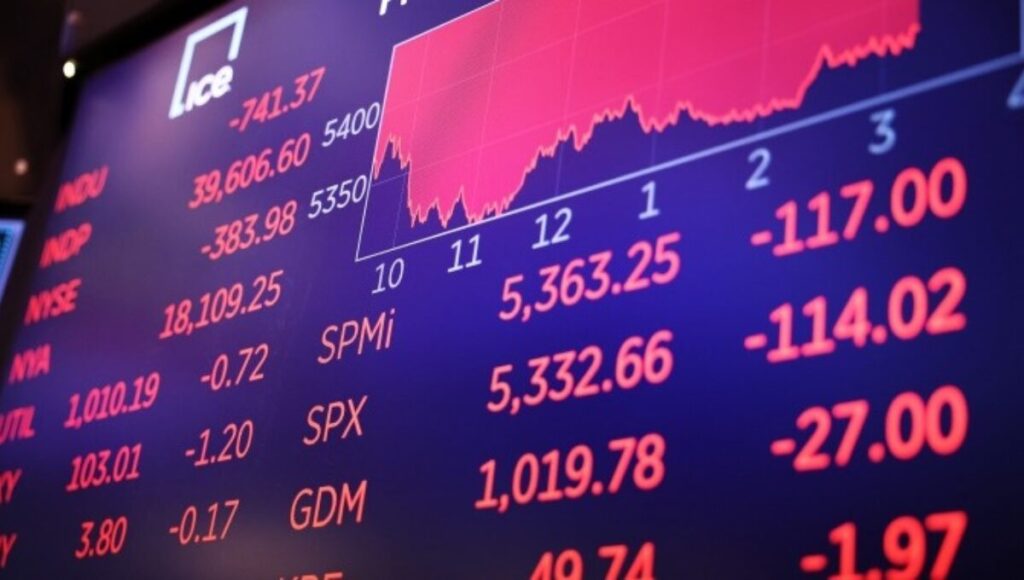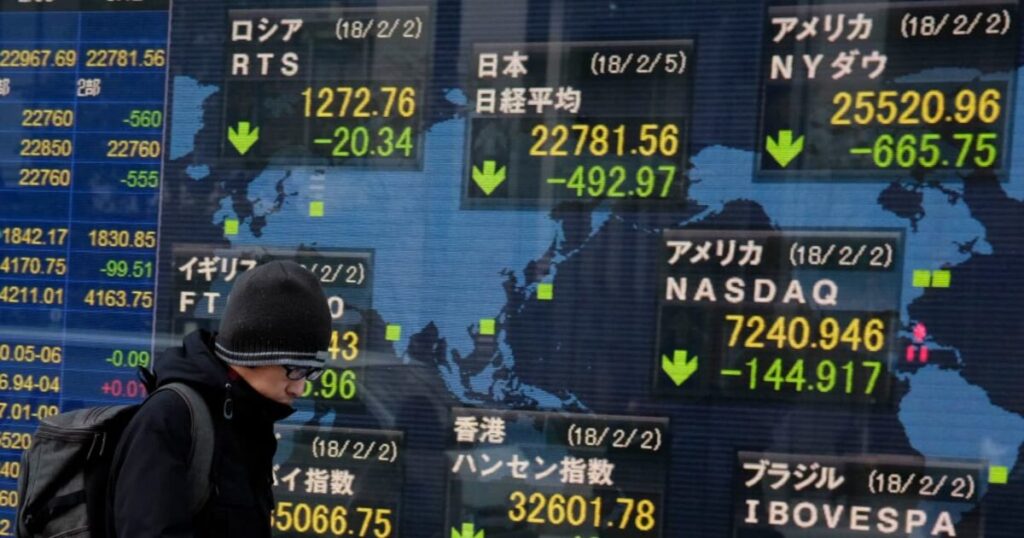The stock market crash 2024 has sent shockwaves through the global financial community, reminiscent of past financial crises. This unexpected downturn has left investors, analysts, and policymakers scrambling to understand its causes and mitigate its effects. In this article, we will delve into the key factors that triggered the crash, its immediate and long-term impacts, and what investors can expect in the future.
Causes of the Stock Market Crash 2024

The stock market crash 2024 can be attributed to a confluence of factors, each exacerbating the other and creating a perfect storm for the financial markets. Some of the primary causes include:
- Economic Slowdown: Global economic growth had been showing signs of slowing down in the months leading up to the crash. Key indicators, such as GDP growth rates, consumer spending, and industrial production, were all pointing to a deceleration.
- Rising Interest Rates: Central banks around the world, particularly the Federal Reserve, had been gradually raising interest rates to combat inflation. Higher interest rates led to increased borrowing costs, which in turn dampened business investment and consumer spending.
- Geopolitical Tensions: Escalating geopolitical conflicts, especially in key economic regions, created uncertainty and instability. Trade wars, sanctions, and diplomatic standoffs contributed to a lack of investor confidence.
- Corporate Earnings Disappointments: Several major corporations reported earnings that fell short of expectations. This was particularly evident in the technology sector, which had been a significant driver of market growth in previous years.
- Market Speculation: The prolonged bull market had led to speculative investments and overvaluation in various sectors. When the correction began, it triggered a domino effect, leading to widespread sell-offs.
Immediate Impact of the Crash

The immediate impact of the 2024 stock market crash was severe and far-reaching. Key effects included:
- Massive Sell-offs: Investors, fearing further losses, began selling off their stocks en masse. This led to a sharp decline in stock prices, with major indices such as the Dow Jones Industrial Average, S&P 500, and Nasdaq Composite experiencing significant drops.
- Investor Panic: The crash triggered widespread panic among investors, leading to a rush to safer assets like bonds, gold, and cash. This flight to safety further exacerbated the decline in stock prices.
- Economic Repercussions: The crash had immediate economic consequences, including layoffs, reduced consumer spending, and a slowdown in business investments. Companies facing declining stock prices and revenues began cutting costs to stay afloat.
- Global Ripple Effects: The interconnected nature of the global economy meant that the crash in the US markets had a ripple effect on other major markets around the world. Stock exchanges in Europe, Asia, and other regions also experienced significant declines.
Long-Term Implications
While the immediate impact of the stock market crash was severe, the long-term implications could be even more profound. Some potential long-term effects include:
- Recession Risk: The combination of reduced consumer spending, business investment, and economic uncertainty increases the risk of a global recession. Policymakers will need to implement measures to stabilize economies and restore confidence.
- Regulatory Changes: In response to the crash, governments and regulatory bodies may introduce new regulations aimed at preventing future market excesses and improving transparency and accountability in financial markets.
- Shift in Investment Strategies: Investors may become more cautious and risk-averse, favoring stable, dividend-paying stocks, and safe-haven assets over speculative investments. This shift could lead to changes in market dynamics and investment strategies.
- Technological Innovation: Despite the downturn, technology and innovation are likely to remain key drivers of economic growth. Companies that can adapt and leverage new technologies may emerge stronger from the crisis.
Future Outlook and Recovery Prospects
While the stock market crash 2024 has undoubtedly caused significant disruption, history shows that markets tend to recover over time. The future outlook will depend on several factors:
- Policy Interventions: Central banks and governments will play a crucial role in stabilizing the economy. Measures such as interest rate cuts, fiscal stimulus, and support for affected industries can help mitigate the impact and spur recovery.
- Corporate Resilience: Companies that can navigate the downturn, manage costs, and innovate will be well-positioned for recovery. Investors should look for firms with strong balance sheets and competitive advantages.
- Investor Confidence: Restoring investor confidence will be key to market recovery. Transparent communication from policymakers and corporate leaders, along with positive economic indicators, can help rebuild trust.
- Global Coordination: International cooperation will be essential to address the global nature of the crisis. Coordinated efforts to resolve geopolitical tensions, promote trade, and support economic stability can foster a more favorable environment for recovery.
Conclusion
The stock market crash 2024 has been a stark reminder of the inherent volatility and risks in financial markets. While the immediate impact has been severe, the path to recovery will require coordinated efforts from governments, businesses, and investors. By understanding the causes and implications of the crash, stakeholders can make informed decisions and work towards a more stable and prosperous future.



